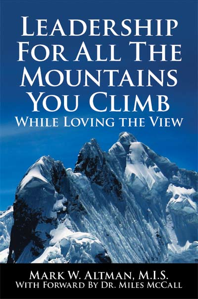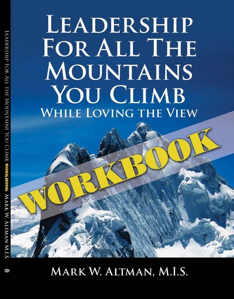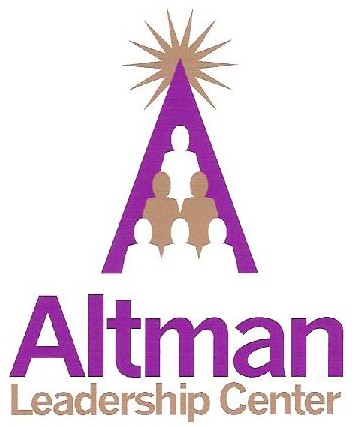Every year high school seniors and their families across the US, begin the process of applying, writing essays and seeking acceptance to higher education. For many, the hand wringing and worry have just begun. The education choices have never been more plentiful; between universities, colleges and technical schools a student can learn almost anything. From purely academic subjects that develop the whole human being, to the strictly technical topics that teach a very particular skill.
As a student is looking for a school, the Internet can be a very useful tool. Most schools have web pages that allow you to see the facilities the school has to offer, as well as biographies of the instructors and even pictures of the student body allowing the prospective student to get a feel of the school environment. However with the abundance of school choices available, the student has to beware of schools that are not properly accredited. Accreditation is important because accreditation is student’s and the employer’s guarantee a school is really teaching the curriculum they say they are and aren’t just a diploma mill.
I’m sad to say that the diploma mills have gotten smarter and have developed websites for fake accreditation groups. How does a student know one from another? One way is to find the website for a professional organization for your chosen profession and ask them for the accreditation governing body. This will allow you to know the school you have chosen is fully accredited.
After a young adult finds the right school financial aid in the form of scholarships, grants and loans need to be secured. I usually advise young students to find the right school for them, then figure out how to pay for the school rather than deciding what you can afford and then finding a school. The first step is to fill out the Free Application for Federal Student Aid (FASFA) form at www.fasfa.ed.gov . Students will also want to contact the financial aid office for their school as soon as possible.
Both of my daughters are graduating this year so we are deep in the process I have outlined. We have counseled them to dream big, reaching for international opportunity; beginning to think of interesting internships and how they can network to secure such an opportunity. An unorthodox plan can pay big dividends if the plan is well thought out and the student is willing to put the work in to achieve their dream.
Now is the time for taking the SAT, ACT, and applying to higher education. Whether you choose to study Philosophy at a major university or choose to learn to become a car mechanic; dream big, make a plan and become a lifelong student. The reward will likely be more rewarding than you can see today!
“Dream lofty dreams, and as you dream so shall you become. Your vision is the promise of what you shall one day be. One who cherishes a beautiful vision, a lofty ideal, will one day realize it.” - James Allen
Mark Altman is a speaker and leadership consultant with the Altman Leadership Center. He is an international speaker with two books and a DVD that can be purchased on Amazon.com. He can be reached at mark@leadright.net.







